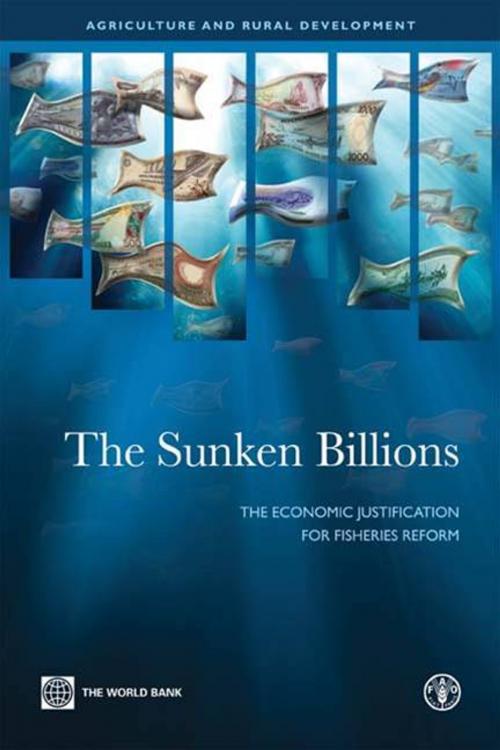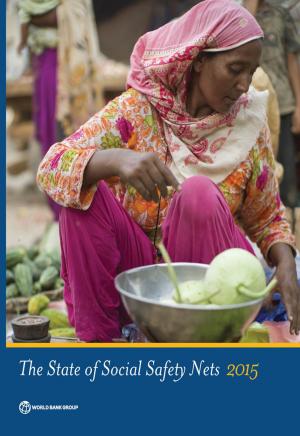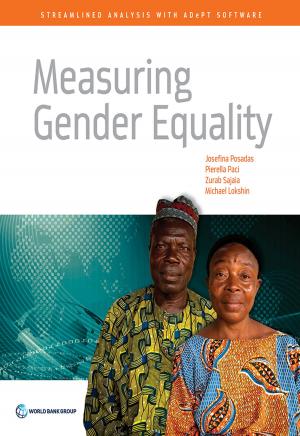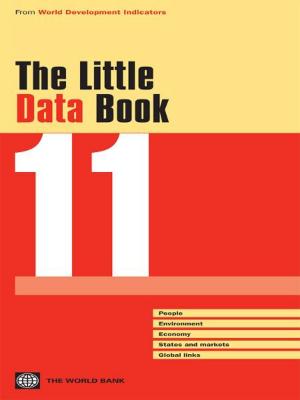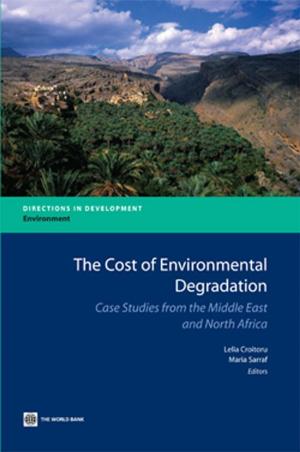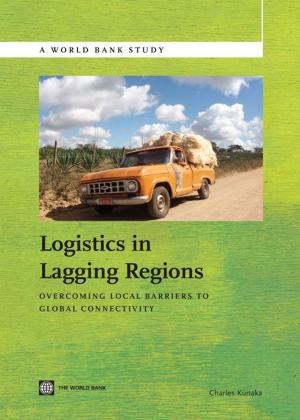The Sunken Billions: The Economic Justification For Fisheries Reform
Nonfiction, Science & Nature, Technology, Fisheries & Aquaculture| Author: | World Bank; FAO; Kelleher Kieran; Willmann Rolf; Arnason Ragnar | ISBN: | 9780821377901 |
| Publisher: | World Bank | Publication: | February 24, 2009 |
| Imprint: | Language: | English |
| Author: | World Bank; FAO; Kelleher Kieran; Willmann Rolf; Arnason Ragnar |
| ISBN: | 9780821377901 |
| Publisher: | World Bank |
| Publication: | February 24, 2009 |
| Imprint: | |
| Language: | English |
Economic losses in marine fisheries resulting from poor management, inefficiencies, and overfishing add up to US50 billion per year. Taken over the last three decades, these losses total over US2 trillion, a figure roughly equivalent to the GDP of Italy.The Sunken Billions: The Economic Justification for Fisheries Reform argues that well-managed marine fisheries could turn most of these losses into sustainable economic benefits for millions of fishers and coastal communities.According to this book, the bulk of losses occur in two main ways. First, depleted fish stocks mean that there are fewer fish to catch, and therefore the cost of finding and catching them is greater than it might be. Second, fleet overcapacity means that the economic benefits of fishing are dissipated due to redundant investment and operating costs. The book stresses that the figure of US50 billion represents a conservative estimate, as it excludes losses to recreational fisheries and marine tourism as well as losses due to illegal fishing.The Sunken Billions argues that strengthened fishing rights can provide fishers and fishing communities with incentives to operate in an economically efficient and socially responsible manner. Phasing out subsidies that enhance redundant fishing capacity and harvesting effort will improve efficiency. Greater transparency in allocation of fish resources and greater public accountability for fisheries management and health of fish stocks will help eco-labeling initiatives to certify sustainable fisheries.
Economic losses in marine fisheries resulting from poor management, inefficiencies, and overfishing add up to US50 billion per year. Taken over the last three decades, these losses total over US2 trillion, a figure roughly equivalent to the GDP of Italy.The Sunken Billions: The Economic Justification for Fisheries Reform argues that well-managed marine fisheries could turn most of these losses into sustainable economic benefits for millions of fishers and coastal communities.According to this book, the bulk of losses occur in two main ways. First, depleted fish stocks mean that there are fewer fish to catch, and therefore the cost of finding and catching them is greater than it might be. Second, fleet overcapacity means that the economic benefits of fishing are dissipated due to redundant investment and operating costs. The book stresses that the figure of US50 billion represents a conservative estimate, as it excludes losses to recreational fisheries and marine tourism as well as losses due to illegal fishing.The Sunken Billions argues that strengthened fishing rights can provide fishers and fishing communities with incentives to operate in an economically efficient and socially responsible manner. Phasing out subsidies that enhance redundant fishing capacity and harvesting effort will improve efficiency. Greater transparency in allocation of fish resources and greater public accountability for fisheries management and health of fish stocks will help eco-labeling initiatives to certify sustainable fisheries.
